By Liana Jacob
DOCTORS brushed off this woman’s severe neck pain for TWENTY-FOUR YEARS before finding out her BRAIN was CRUSHING her spine.
When school counsellor, Tara Temple (34) from Wisconsin, USA, was just 10 years old, she began having severe neck pain which she reported to her doctor who diagnosed her with scoliosis.
She started seeing a chiropractor from the age of 12 to 18 which only gave her temporary relief and x-rays from her chiropractor could only detect the scoliosis and nothing else.
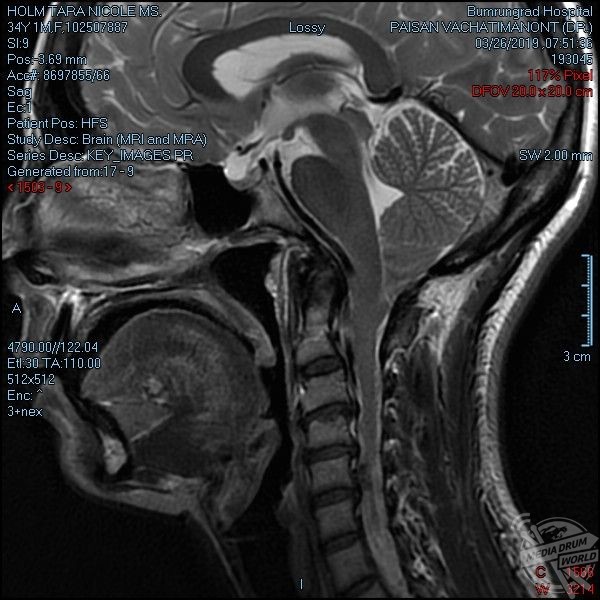
Despite being conflicted with this pain constantly, she stopped seeking relief from anyone once she started university. In 2011, she moved to Hanoi, Vietnam, and a year later she was involved in a serious motorbike accident, which left her with a concussion.
During her time in Hanoi, she met her now husband, Tom, she began seeing a doctor again about various symptoms she was experiencing such as feeling light-headed and being short of breath. She was told the reason was because she was anaemic, but they didn’t give her any further guidance.
In 2014, Tara and her husband moved to Bangkok, Thailand, they got married in 2016 and welcomed their son in 2018. However, shortly after the birth of her son, Avery (2) she developed angioedema, where the lips, mouth and throat swell up.
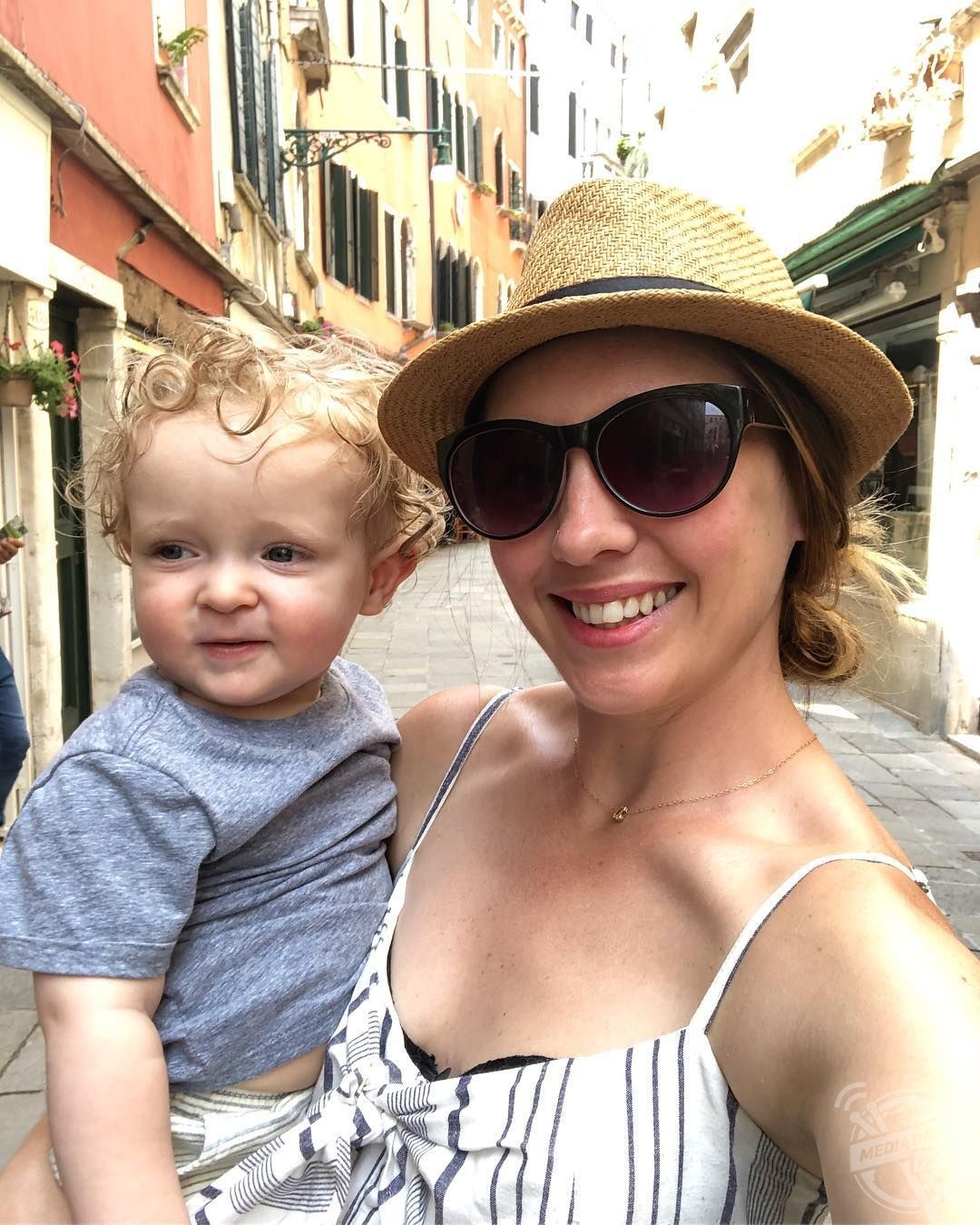
In March 2019, she was in a meeting at work when suddenly she felt confused and forgot what she had said before; she felt light-headed and her heart and breathing began to slow down and she felt a tingly sensation in her hands and arms, she felt like she was dying. She was taken to the emergency room, where she underwent an electrocardiogram (ECG) to measure the heartbeat. It was concluded that she was having a panic attack.
She fought doctors to run an MRI on her brain and that is when they found out she had Chiari Malformation Type 1, a condition where the brain pushes onto the spinal cord. She believes that her motorbike accident could have been a reason for the onset of more Chiari symptoms.
She was urged to undergo a decompression surgery, a procedure where the bone at the back of the skull is removed to widen the space for the brain.
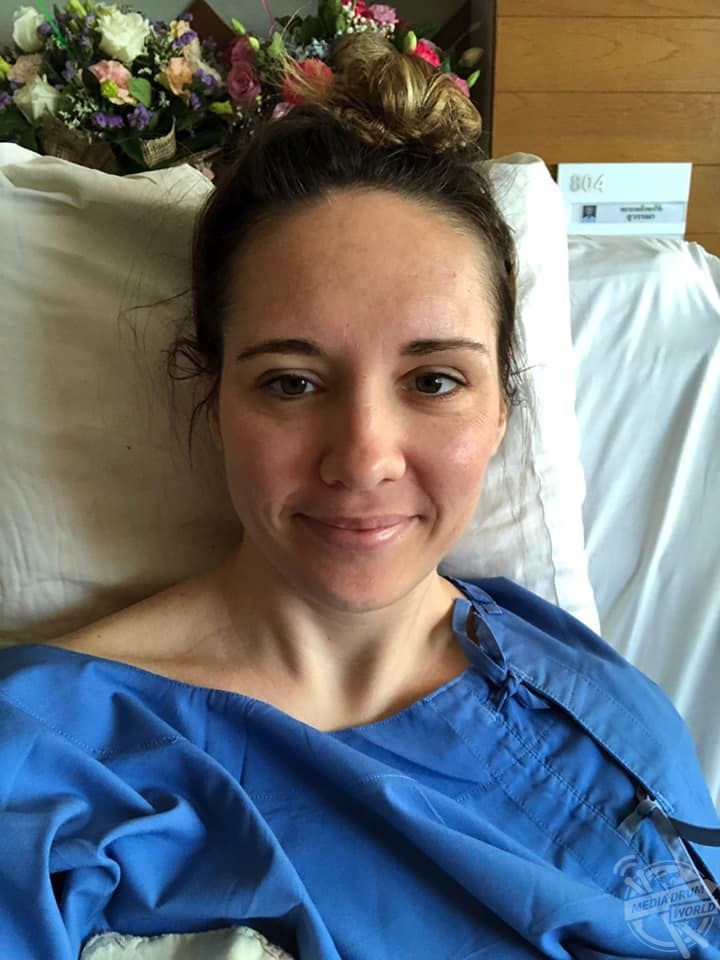
Now she wants to raise awareness and encourage people to become their own health advocate by asking as many questions possible.
“On Tuesday March 26, 2019, I did the brain MRI. When I came out of the machine, they said the doctor saw something and asked if they could do an additional scan of my spine,” Tara said.
“Later that day that same neurologist started talking about hydrocephalus (I really didn’t prefer this doctor) and told me I’d need to see the neurosurgeon.
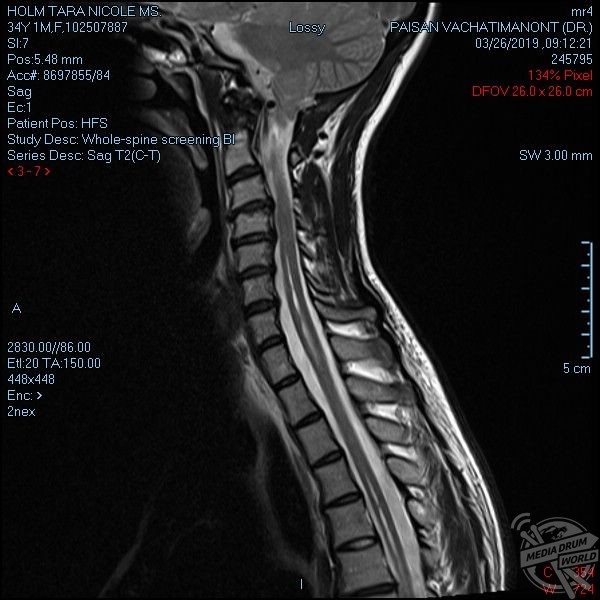
“It all happened really fast; I went to see the neurosurgeon who calmly explained Chiari Malformation Type 1 and Syringomyelia to me.
“He was kind and patient with my questions. He studied in Chicago, USA, which is near where I am from and he was personable.
“He explained that I should have surgery, but it wasn’t urgent but that I should probably handle it sooner rather than later.
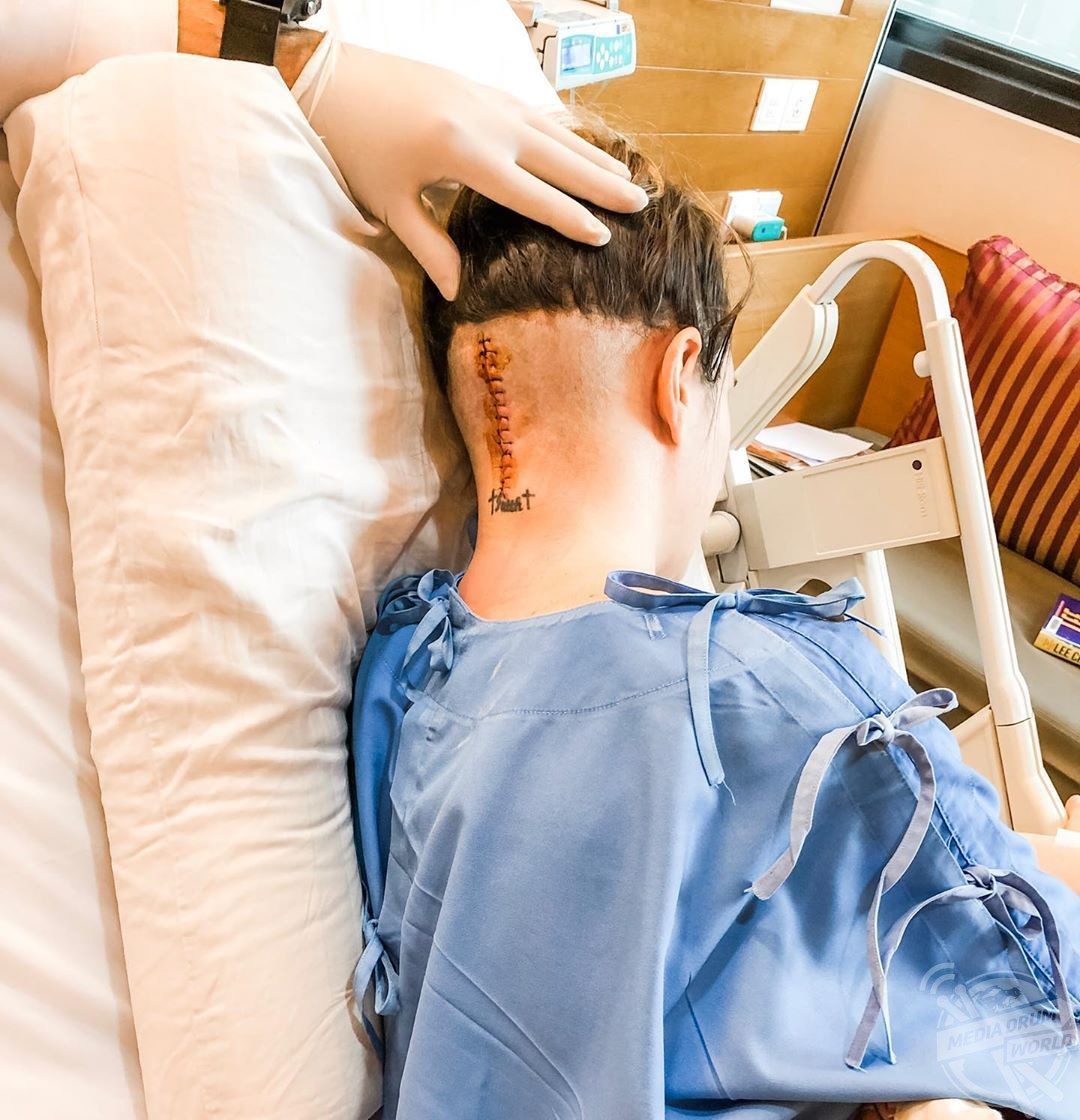
“There is no cure for Chiari; surgery stops the symptoms from progressing, but it doesn’t heal them. He told me to schedule the surgery at my convenience.
“To be honest, it all happened so fast and for a lot of the time I felt relieved that they had figured out what it was and that it wasn’t a panic attack and I knew myself and that something wasn’t right.
“But I had never had a surgery other than my c-section, so I was nervous. Avery was also only ten months old, so it was very stressful for my husband and I.
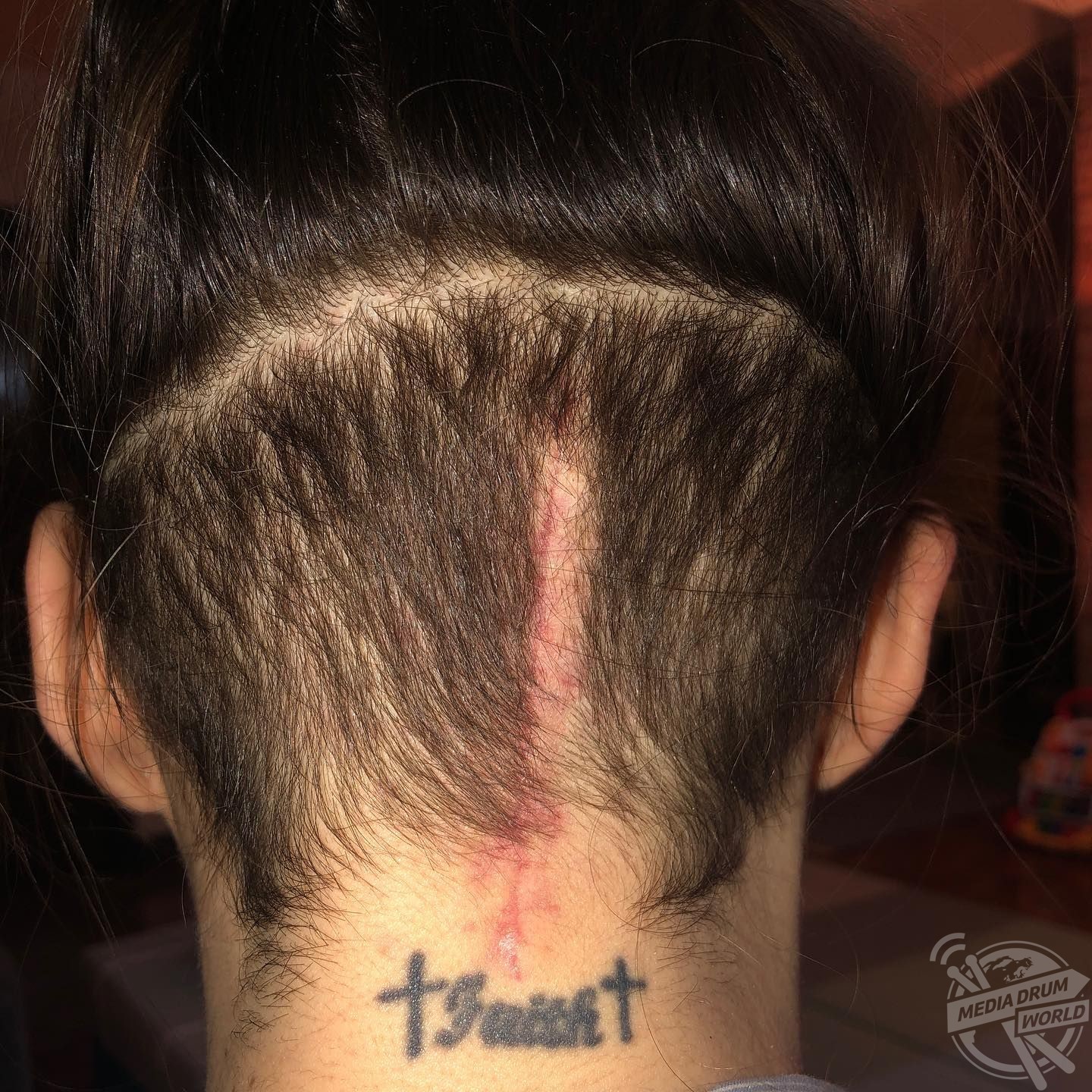
“I only had one surgery called the posterior fossa decompression surgery; they cut open the lower half of my head and cut parts of the bone to make room for my brain and make sure the spinal fluid was no longer trapped.
“They took a part of my own tissue to make a dura patch that went around the herniated tonsils of the brain to protect that area.”
Tara says that documenting her journey on social media has helped her throughout the recovery process as it was a way for her to express her emotions and inform her family and friends.
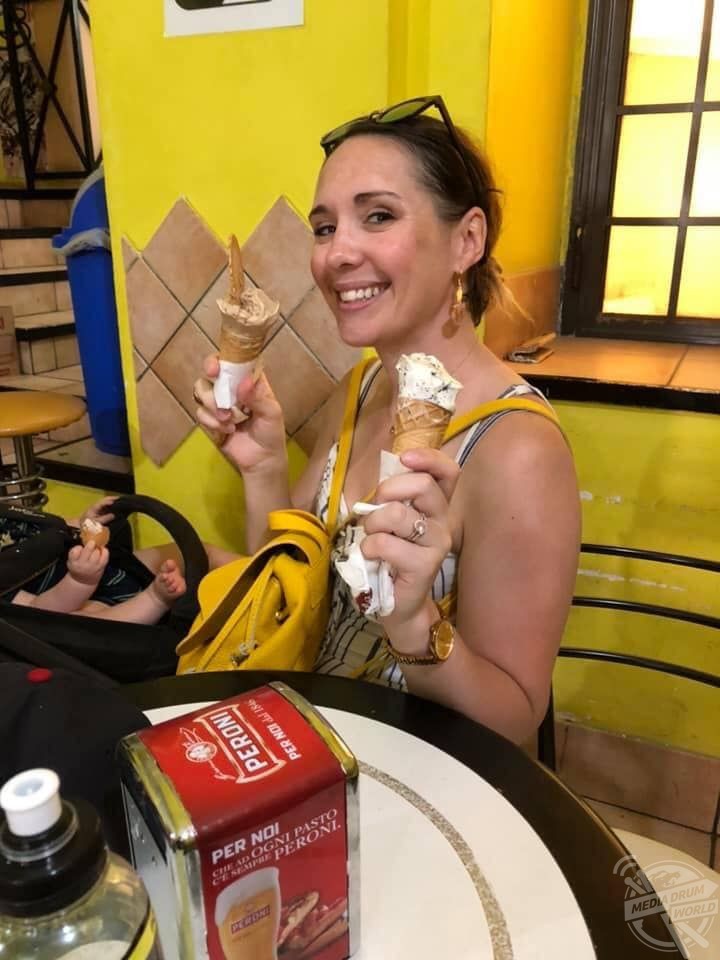
“I think people were just mostly shocked especially because you don’t hear many people say they needed ‘brain surgery’ very often,” she said.
“I didn’t go out and about too much after my surgery, so I didn’t have to see too many people. Sometimes people saw that half of my head was shaved if I wore my hair up and they probably just thought I had an undercut hair style.
“I was fortunate to have so many people in my life remind me when I was trying to push myself too hard or had too high of expectations of myself that I just had a major surgery.
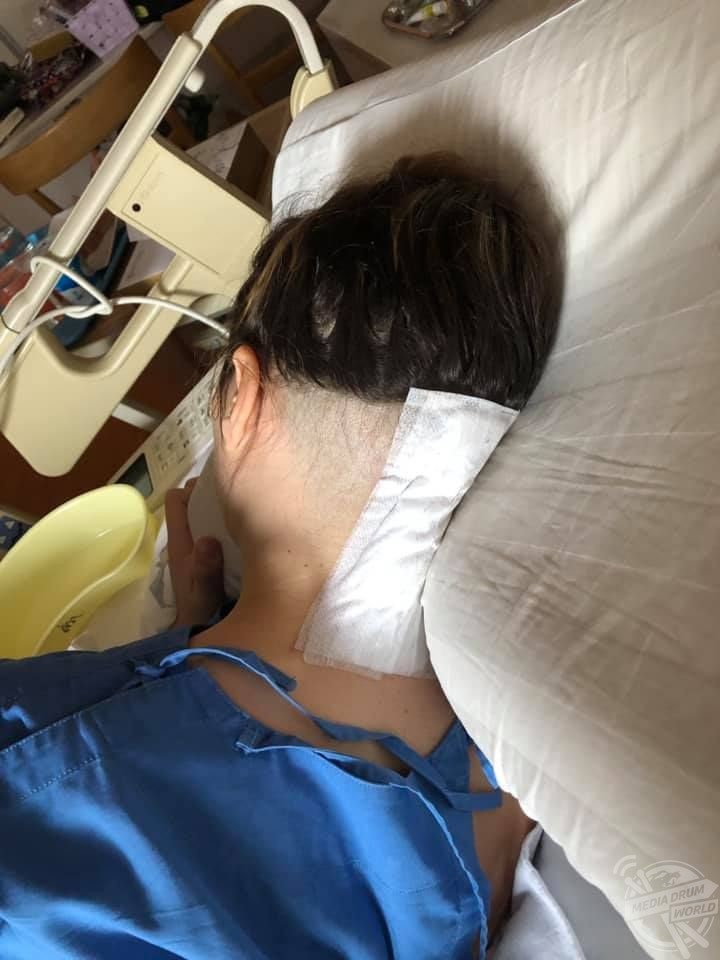
“I’ve had so many personal and physical challenges to overcome and am still dealing with the aftermath of these things, thus my ‘girl getting through’ Instagram account; because I’m still going through it all.
“I’ve always been interested in blogging and it was feeling the need to express myself during a time when I was dealing with so much that motivated me to start blogging.
“Of course, I go to therapy and have a great support system, but I not only wanted to share my story but hopefully help others going through similar things whether that be a physical health or mental health issue.
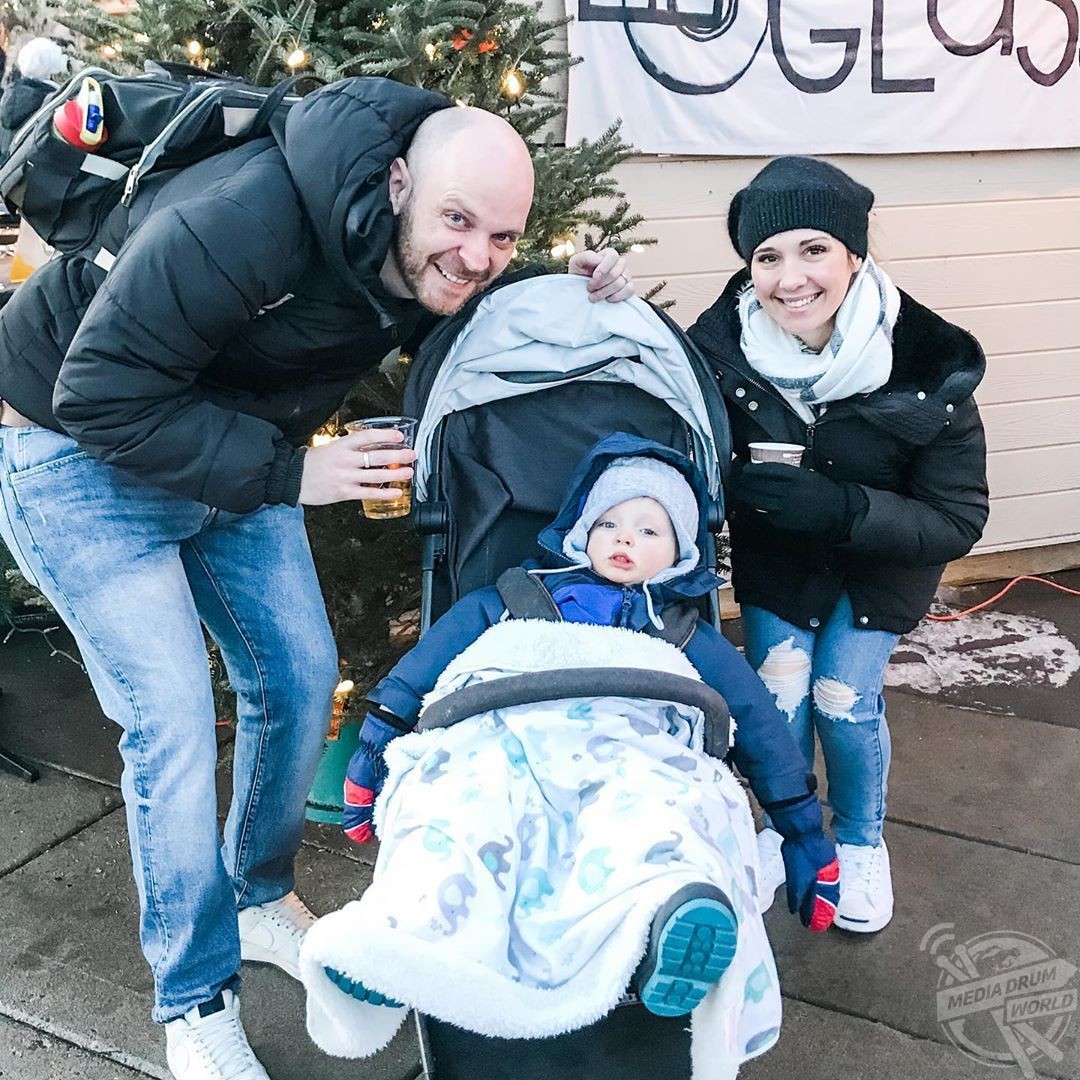
“The more detailed message I would send, would be that, yes, life can be absolutely terrible at times. It can make you feel like you have nothing left to give or nothing to look forward to. It can leave you asking, ‘why me?’.
“But don’t give up. I’ve learned and I’m reminded that I had so many blessings during my difficult time. I learned who really has my back.
“I learned about how strong I actually am. I realise now how unbelievably fortunate I was in my situation for the wonderful medical system and surgeon I had and the amazing workplace that supported me.
“I also learned that as I share some of the things I’ve been through, that most everyone is hurting or has hurt before. We are not alone.”






